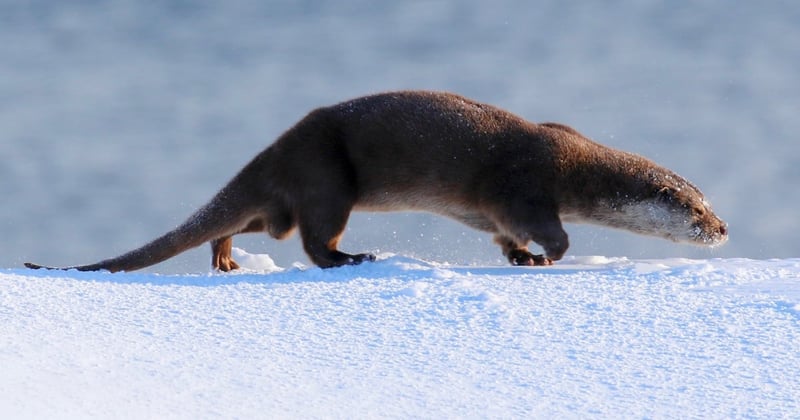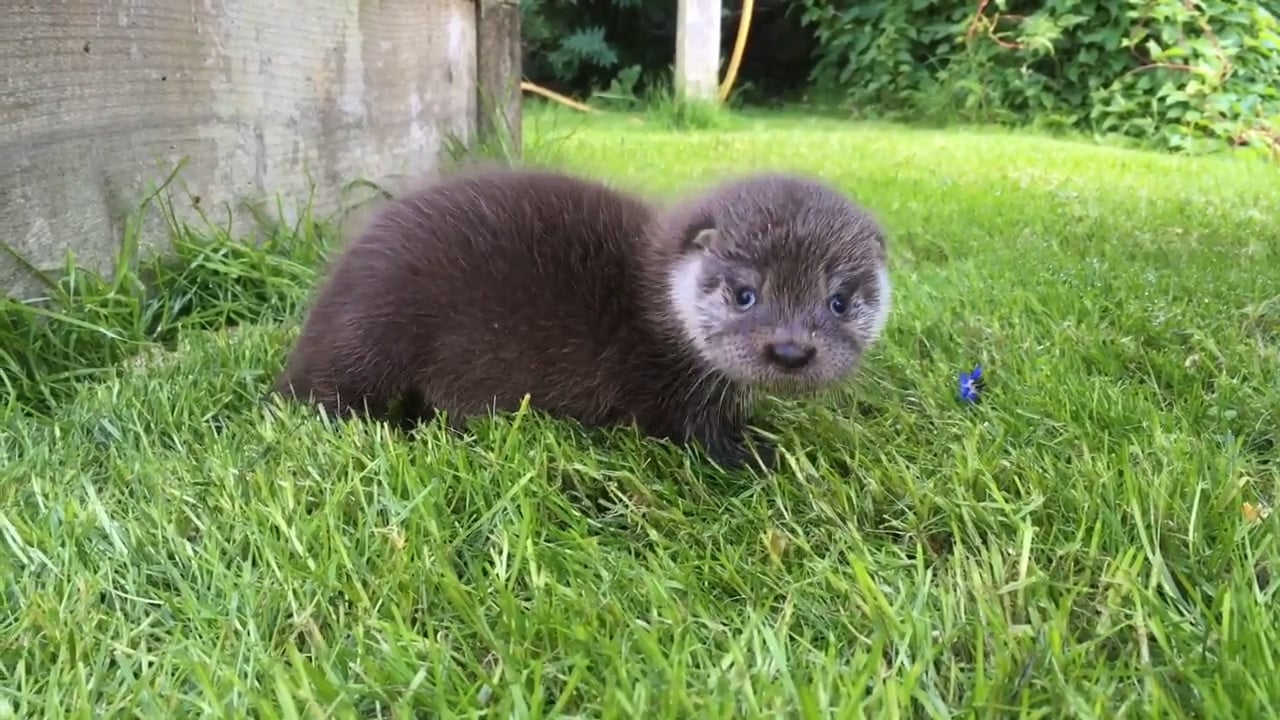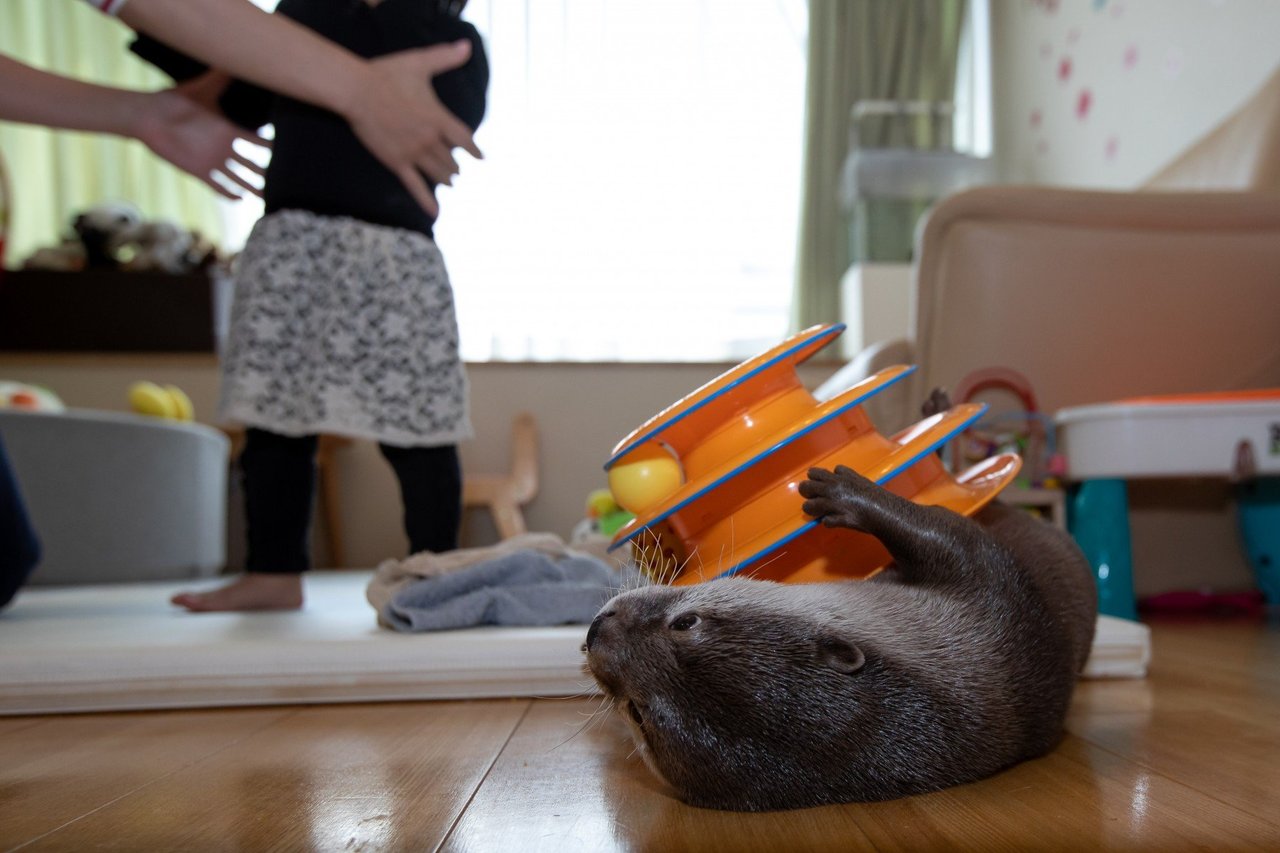
In honor of World Otter Day, read 5 otter facts you might not know and learn how to help ensure their protection.
Otters have long been known for their playful nature and adorable habits, making them a favorite among members of the animal kingdom. But otters are still wild animals with distinct characteristics and methods of survival. In honor of World Otter Day, we want to celebrate what make otters unique and lovable by sharing 5 otter facts you might not be familiar with and ways you can help ensure their protection.
1. There are 13 different species of otters
While most people are generally aware that otters can exist both in freshwater and marine habitats, they may not know that there are actually 13 distinct species of otters. Otters are found all over the world, including in North America, Europe, Asia, South America, and parts of North Africa. Otters are a subfamily of Mustelidae, which means they are most closely related to animals like wolverines, badgers, and weasels.
2. Otters are uniquely skilled at eating shellfish
Otters are very crafty when it comes to food and are uniquely skilled at using rocks to open shellfish on their stomachs. The ability to use stones intentionally to eat food is a skill that otter pups have to learn very young. Aside from shellfish, otters primarily eat fish, crabs, and crayfish.
3. Otter fur is waterproof
Otters have two layers of fur—the outer layer of guard hairs, and the inner layer of softer fur. The guard hairs protect the insulated inner layer of fur, and also capture air in a way that keeps the otters both dry and lighter-weight underwater.
Unfortunately, poaching for fur has historically been one of the biggest threats to otters, especially North American river otters.
4. Otters are heavily threatened by environmental destruction
Aside from the fur trade, the largest global threat to otters is the ongoing destruction of their wetland habitats due to urbanization as well as pollution. Pollution harms marine animals like otters by making them sick and affecting reproductive abilities, in addition to depleting their food sources.
5. Otters do not make good pets
Despite what we may assume given their playful and cuddly characteristics, otters do not make good pets. In recent years, social media has popularized videos of pet otters and increased the drive to own otters as well as visit “otter cafes” and other animal experiences. Otters are wild animals, and wild animals cannot have their needs met when kept as pets.
The best thing you can do to celebrate otters on World Otter Day is support our work to protect them, and commit to:
- Never visiting an otter café or own a pet otter
- Speaking out against the global wildlife trade
- Supporting World Animal Protection's work to protect otters
- Educating friends and family on why they shouldn't share captive otter videos

